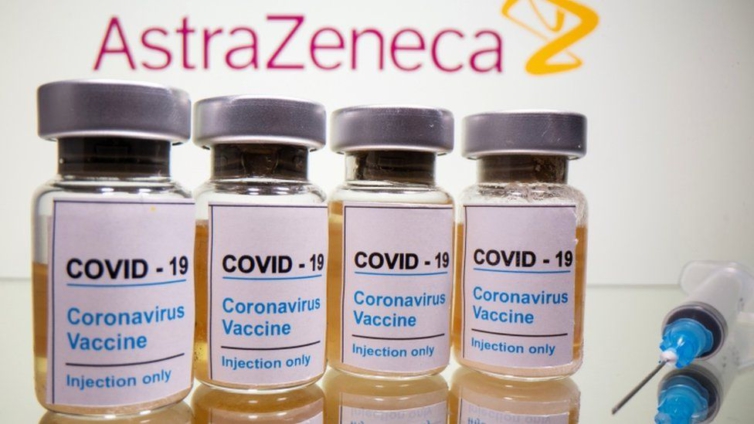The World Health Organisation (WHO) reports that the AstraZeneca vaccines are safe for human use despite claims of blood clots associated with the effects of the vaccines.
After several assessments by the Global Advisory Committee on Vaccine Safety, the WHO in a press statement is recommending the use of the vaccine following reports that the benefits of the AstraZeneca vaccine outweigh its risks.
“A few countries in Africa have halted or postponed their use of the AstraZeneca vaccine, following the suspension of the vaccine by some countries in Europe. This precautionary measure is based on reports of rare blood coagulation disorders in people who had received the vaccine. The suspension is regarding one specific batch of the AstraZeneca vaccine, which has not been distributed to Africa.
“WHO’s Global Advisory Committee on Vaccine Safety is carefully assessing the reports on the Oxford-AstraZeneca vaccine to gain a full understanding and will communicate its findings. Based on what is currently known, WHO considers that the benefits of the AstraZeneca vaccine outweigh its risks and recommends that vaccinations continue.”
According to the WHO, about 7 million Covid-19 doses of vaccines have been administered in Africa.
During a virtual press conference facilitated by APO Group on Thursday, the WHO Regional Director for Africa, Dr Matshidiso Moeti indicated that 38 African countries have received more than 25 million Covid-19 vaccines and 30 others have started vaccination campaigns.
Comparing countries in other regions that accessed vaccines much earlier, Dr Moeti stated the initial rollout phase in some African countries has reached a far higher number of people.
“Although Africa received vaccines late and in limited quantities, a lot of ground has been covered in a short space of time. This is due to the continent’s vast experience in mass vaccination campaigns and the determination of its leaders and people to effectively curb Covid-19,” she added.
Meanwhile, Ghana has administered more than 420, 000 doses and covered over 60 per cent of the targeted population in the first phase in the Greater Accra region – the hardest hit by the pandemic just two weeks after procuring the AstraZeneca vaccines through the COVAX programme, WHO reports.
Also, in Morocco, more than 5.6 million vaccinations have taken place in the past seven weeks, while in Angola, vaccines have reached over 49 000 people, including more than 28 000 health workers in the past week.
Not withstanding these achievements, Dr Moeti revealed that there is an urgent need for more doses as Ghana, Rwanda and other countries are on the brink of running dry.
“Countries are clocking an impressive vaccination pace, but we must ensure this speed doesn’t slow down to a crawl. Additional supplies are urgently required to narrow the gap between the vaccinated and the unvaccinated,” she stated.
Latest Stories
-
DAMC, Free Food Company, to distribute 10,000 packs of food to street kids
10 minutes -
Kwame Boafo Akuffo: Court ruling on re-collation flawed
30 minutes -
Samuel Yaw Adusei: The strategist behind NDC’s electoral security in Ashanti region
32 minutes -
I’m confident posterity will judge my performance well – Akufo-Addo
44 minutes -
Syria’s minorities seek security as country charts new future
1 hour -
Prof. Nana Aba Appiah Amfo re-appointed as Vice-Chancellor of the University of Ghana
2 hours -
German police probe market attack security and warnings
2 hours -
Grief and anger in Magdeburg after Christmas market attack
2 hours -
Baltasar Coin becomes first Ghanaian meme coin to hit DEX Screener at $100K market cap
2 hours -
EC blames re-collation of disputed results on widespread lawlessness by party supporters
3 hours -
Top 20 Ghanaian songs released in 2024
3 hours -
Beating Messi’s Inter Miami to MLS Cup feels amazing – Joseph Paintsil
3 hours -
NDC administration will reverse all ‘last-minute’ gov’t employee promotions – Asiedu Nketiah
3 hours -
Kudus sights ‘authority and kingship’ for elephant stool celebration
3 hours -
We’ll embrace cutting-edge technologies to address emerging healthcare needs – Prof. Antwi-Kusi
4 hours

